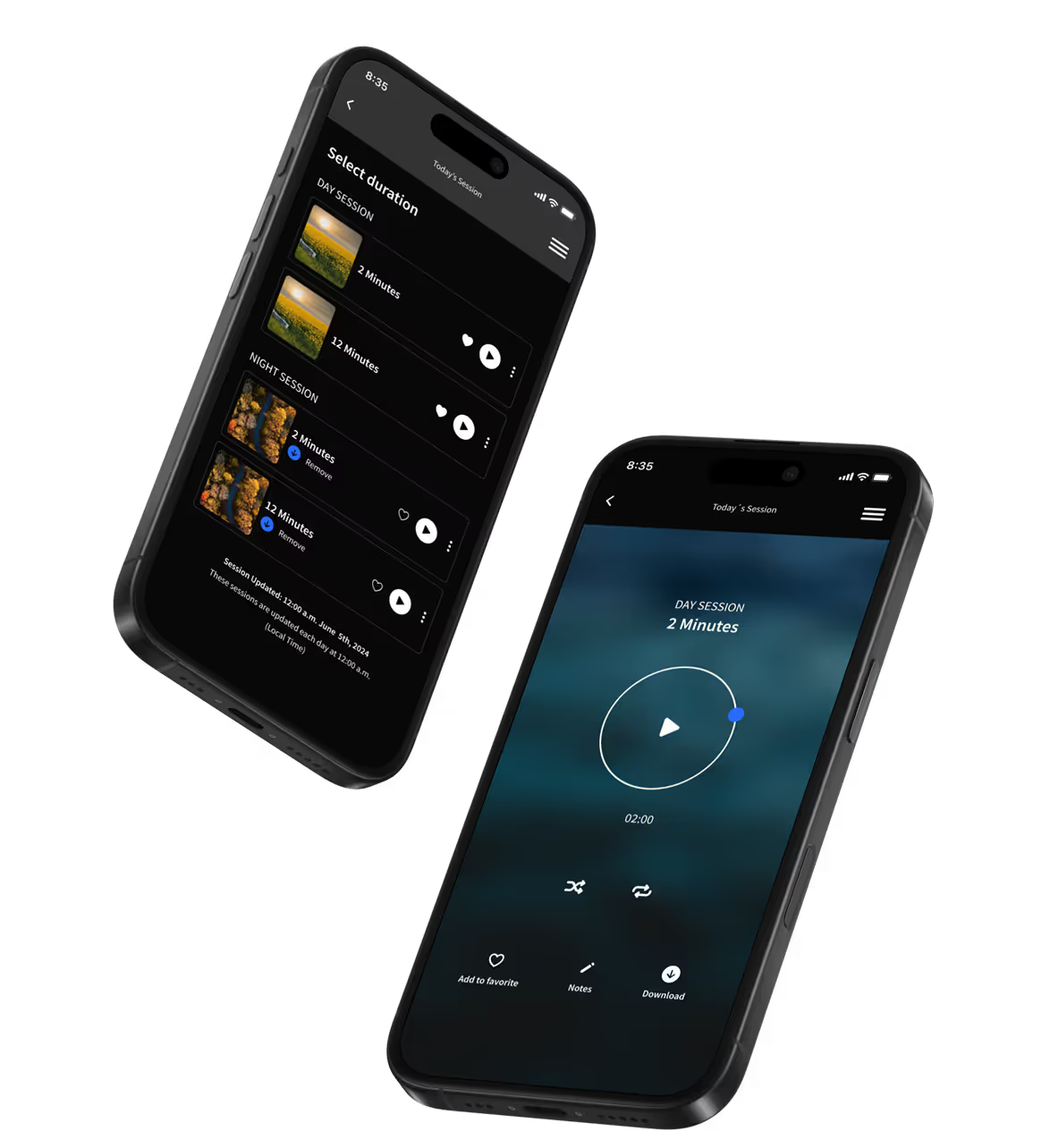Licensing in Software Business Models
Founders/Startups
Explore how licensing shapes software business models, types, benefits, and real-world examples for success.
Introduction to Licensing in Software Business Models
When you build or use software, licensing is a key part of how the business works. Licensing defines how software can be used, shared, or sold. It sets the rules between the software creator and the user.
Understanding licensing helps you choose the right model for your software or pick software that fits your needs. Let’s explore what licensing means in software business models and why it matters.
What Is Software Licensing?
Software licensing is a legal agreement. It tells users what they can and cannot do with the software. Instead of selling the software outright, companies often sell a license to use it.
This license can limit usage by time, number of users, or features. It protects the software maker’s rights and controls distribution.
- Licenses can be perpetual or subscription-based.
- They may allow installation on one or multiple devices.
- Some licenses restrict commercial use or modifications.
Licensing is essential because it balances user freedom with business protection.
Common Types of Software Licenses
There are many types of licenses in software business models. Each fits different needs and goals.
- Proprietary License: The software maker keeps full control. Users pay to use the software but cannot change or share it.
- Open Source License: Users can see, change, and share the software. Examples include MIT, GPL, and Apache licenses.
- Subscription License: Users pay regularly (monthly or yearly) to access the software. This model is popular with SaaS products.
- Perpetual License: Users pay once and use the software forever, often with optional paid updates.
- Freemium License: Basic features are free, but advanced features require payment.
Choosing the right license depends on your business goals and customer needs.
How Licensing Shapes Software Business Models
Licensing directly affects how software companies make money and grow.
For example, subscription licenses create steady income and closer customer relationships. Perpetual licenses bring large one-time payments but less ongoing revenue.
- SaaS Model: Uses subscription licenses. Customers access software online, paying regularly.
- On-Premise Model: Often uses perpetual licenses. Customers install software on their own devices.
- Open Source Model: Uses open licenses. Revenue comes from support, customization, or add-ons.
- Freemium Model: Combines free and paid licenses to attract users and convert some to paying customers.
Licensing also affects marketing, customer support, and product updates.
Real-World Examples of Licensing in No-Code/Low-Code Platforms
No-code and low-code platforms use licensing to fit different users and projects.
- Bubble: Offers subscription licenses with tiered plans. Users pay monthly for features and capacity.
- Glide: Uses freemium licensing. Basic app building is free, but advanced features require paid plans.
- FlutterFlow: Provides subscription licenses with options for individual or team use.
- Make (formerly Integromat): Uses subscription licenses based on task volume and features.
- Zapier: Offers freemium and subscription licenses, scaling with user needs.
These examples show how licensing supports flexible business models and user growth.
Benefits of Effective Licensing Strategies
Good licensing strategies help software businesses succeed in many ways.
- Revenue Stability: Subscription licenses provide predictable income.
- Customer Loyalty: Licensing can encourage long-term use and upgrades.
- Market Reach: Freemium and open source licenses attract more users.
- Legal Protection: Licenses protect intellectual property and reduce misuse.
- Scalability: Licensing can scale with customer needs, like adding users or features.
Choosing the right licensing model is a strategic decision that impacts growth and customer satisfaction.
How to Choose the Right License for Your Software
Picking the right license means understanding your product, customers, and goals.
- Know Your Audience: Are they businesses, developers, or casual users?
- Consider Revenue Goals: Do you want steady income or large upfront payments?
- Think About Control: How much freedom do you want to give users?
- Evaluate Support Needs: Will you offer updates, help, or customization?
- Look at Competitors: What licensing models do similar products use?
Testing different models and gathering user feedback can help refine your licensing strategy.
Conclusion: Licensing as a Key to Software Success
Licensing is more than legal text. It shapes how software businesses operate, grow, and connect with users. By understanding licensing types and strategies, you can build a business model that fits your goals and customers.
Whether you choose subscription, perpetual, freemium, or open source licenses, the right approach helps protect your work and create value. Licensing is a powerful tool for success in today’s software market.
FAQs
What is software licensing?
What are common types of software licenses?
How does licensing affect software business models?
Why do no-code platforms use different licensing models?
What benefits come from effective licensing strategies?
How do I choose the right license for my software?
Related Terms
See our numbers
315+
entrepreneurs and businesses trust LowCode Agency
Investing in custom business software pays off
"Sound and vibration is the building blocks of the universe", Albert explained to us. "If used correctly, it can improve not only your brain but your overall health and well-being." But none of that mattered if users couldn't reliably access the sessions they needed.
85%
reduction in app crashes after FlutterFlow migration
100%
background audio reliability achieved
,
Evolutioner



%20(Custom).avif)